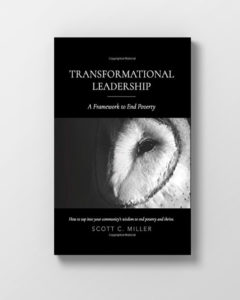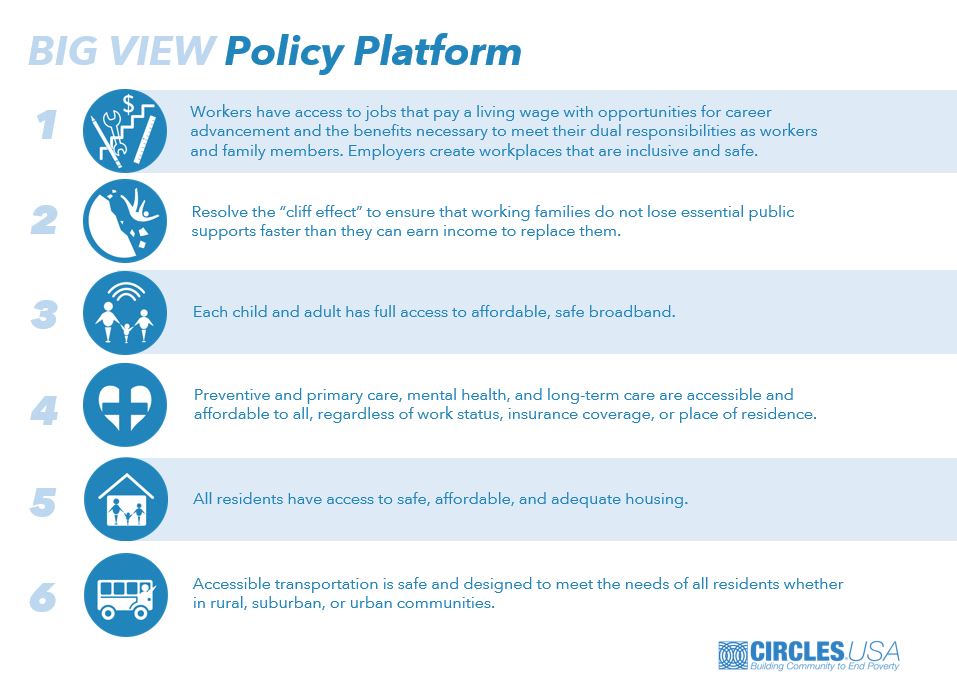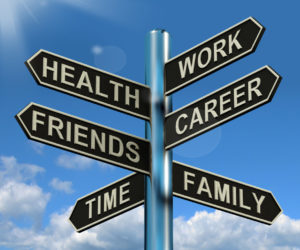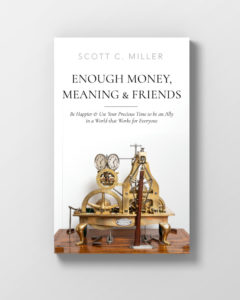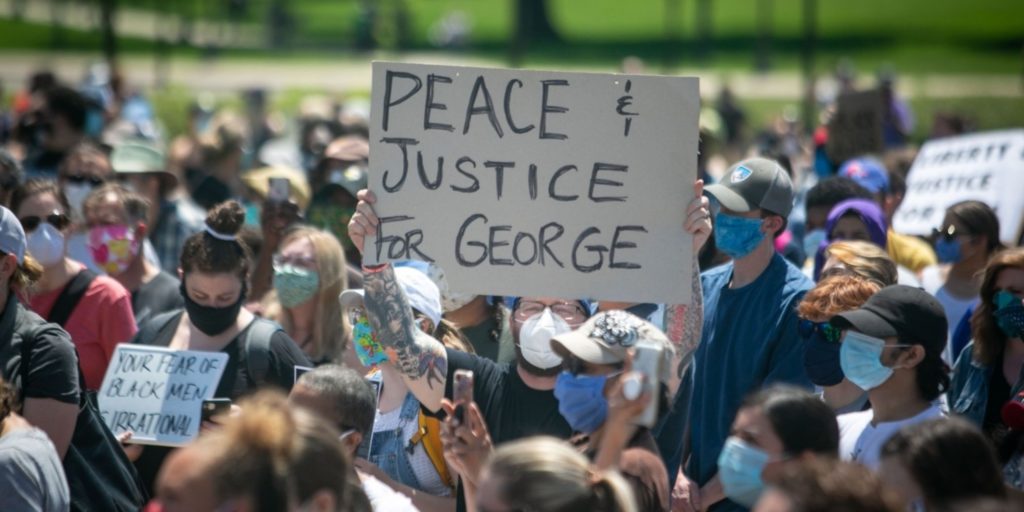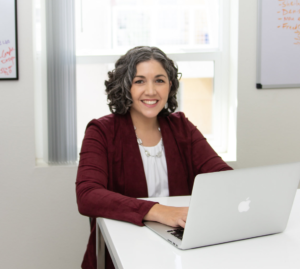Flexicurity is a term first used in 1995 to describe a partnership between business and government to support the citizenry as the economy continues to morph and destabilize current jobs.
Just as there was no stopping the Industrial Revolution, there is no stopping what is happening next with automation, globalization, and artificial intelligence. The composition of jobs in our economy is never going back to the way it used to be, and this fact has major ramifications for poverty rates. The top of the “food chain” in our communities is, for better or worse, the business sector. It wields the most influence on all other sectors. This was not always the case in U.S. history, but it is now.
In October 2011, I did a TedX talk. In that speech I said that poverty should be understood as an economic development problem, not just as a humanitarian problem to be fixed by nonprofits. The emerging economy is not just one of many factors affecting poverty rates; it is perhaps going to have the biggest impact of all potential factors. By 2030, half of all jobs could very well be entrepreneurial in nature. The opportunity to be on someone’s payroll in a traditional w-2 job is rapidly diminishing. Companies can generate wealth with far fewer people than ever before. For example, according to the Brookings Institute, in 2014 Google was valued at $370 billion with only 55,000 employees, a tenth the size of AT&T’s workforce in the 1960s.
The key characteristic to possess in order for anyone to survive, let alone thrive, in the emerging economy could be the ability to be nimble. While there are arguments about whether automation and artificial intelligence will displace millions or will generate new jobs to employ the displaced or will have very little impact on employment rates, there is significant concern about where things are heading with our economy and what we should do about it.
Flexicurity is a term first used in 1995 to describe a partnership between business and government to support the citizenry as the economy continues to morph and destabilize current jobs. If it is possible for the majority of goods and services to be delivered (droned, even) to our homes through a handful of super corporations such as Amazon, who buys the goods and services with what money from what jobs? A closed system must be kept intact between makers and consumers. A pure-market system economy could very likely create this closed system with fewer people, leaving a significant portion of the population on their own to survive. Taken to extremes, a Darwinian order sorts out the weak from the strong.
Fortunately, the United States is already using a hybrid economic system that mixes big multinational corporations with big government deterrents and incentives with an independent sector of for-profit and nonprofit organizations, as well as black marketplaces that provide every imaginable good and service. Our economic sector is a complex system of forces that regulates infinite variables that result in how we personally experience economic freedom and security. Because the complexity is mind-boggling, the desire to over-simplify solutions to sell to the mass public for political and financial reasons is strong. The desire to repeal and replace Obamacare, for example, affects one-sixth of this massive economy. As I write this, Congress is finding it increasingly difficult to find the votes to repeal it and replace it with something else that can be presented in a sound bite to the American public as a better alternative.
The Call to Adventure for the economic and education sectors is to look around the globe and learn. It is time for us to let go of the arrogant notion that we are the best nation on Earth, and therefore we should be mentoring everybody else, end of story. Far from it. As I suggested, the new global metrics of happiness, low crime, low poverty rates, and high life satisfaction tell us that we are losing ground to nations that are getting smarter about their economies and educational systems.
Paul Poler, CEO of the massive multinational corporation Unilever, wrote an editorial that was featured in the Huffington Post in July 2014. I have excerpted portions of this radical and optimistic call to adventure to the business community. It is worth reading the entire editorial. The following excerpts reinforce my assumptions about what the true call is for the economic sector:
“It was Winston Churchill who famously said that ‘democracy was the worst form of government apart from all the others that had been tried.’ Much the same can be said for capitalism, particularly the form of capitalism that has been practiced over the past 20 years. . .. “
“. . . capitalism, with all its faults, is the only game in town. The task confronting the present generation of leaders is to improve on it, to build on its strengths and eradicate its weaknesses. . .. “
“. . . Addressing the weaknesses of capitalism will require us, above all, to do two things: first, to take a long-term perspective; and second, to re-set the priorities of business. . .. “
“. . . The requirement to report back to investors every ninety days distorts behavior and priorities. It is absurd for complex multinational companies to have to invest huge amounts of time preparing detailed income and margin statements every quarter. . .. “
“. . . It is nothing less than a new business model. One that focuses on the long term. One that sees business as part of society, not separate from it. One where companies seek to address the big social and environmental issues that threaten social stability. One where the needs of citizens and communities carry the same weight as the demands of shareholders. . ..”
The bottom line cannot just be quarter-to-quarter gains. The B-Corps movement in the United States is gaining traction with the formal adoption of a triple-bottom line: profits, people, and planet. From the B-Corps website: Collectively, B Corps leads a growing global movement of people using business as a force for good. Through the power of their collective voice, one day all companies will compete to be best for the world, and society will enjoy a more shared and durable prosperity for all. When it comes to reducing poverty rates, my bets are on the influence of this and similar movements.
Learn more: Transformational Leadership: A Framework to End Poverty ~ By Scott C. Miller
To learn more about Scott Miller, please see his website here.
